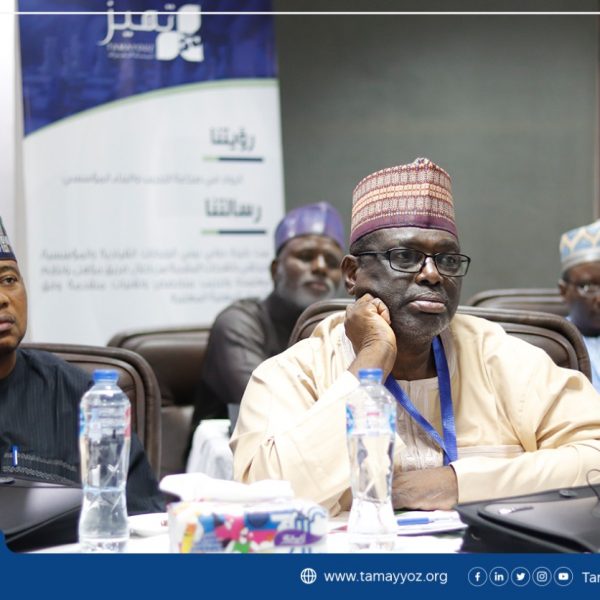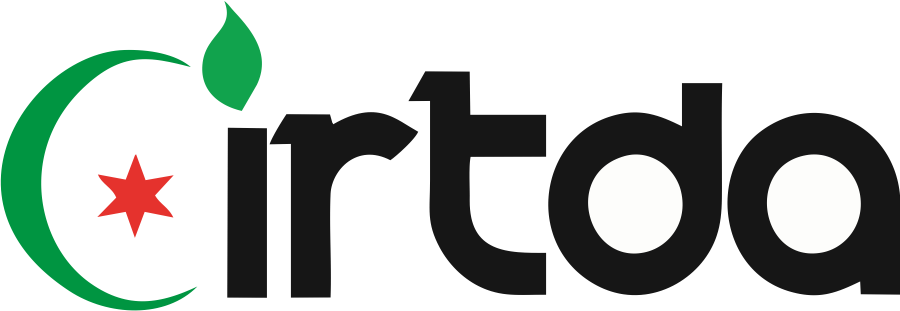Our Activities
INTERNATIONAL CONFERENCE/ TRAINING
The Center for Islamic Research Training and Development (CIRTDA) presented a specialized international conference and training program focusing on the Legal and Regulatory Framework of Islamic Banking and Finance, with particular emphasis on Zakat and Waqf systems. Held from October 5-11, 2024, in Kuala Lumpur, Malaysia, this program aimed to enhance understanding of Islamic financial frameworks and their social welfare components.
The week-long event brought together experts to explore how traditional Islamic financial principles can be effectively integrated into modern banking systems. Participants gained insights into the practical implementation of Zakat (mandatory charitable giving) and Waqf (Islamic endowments) within contemporary financial structures, while examining regulatory compliance and legal considerations.
This CIRTDA initiative served as a valuable platform for professionals in Islamic banking, regulators, and practitioners to strengthen their knowledge and exchange expertise in this specialized field.
A 7-DAYS SAUDI ARABIA JUDICIAL TRAINING ON THE APPLICATION OF LAW OF INHERITANCE UNDER ISLAMIC LAW.
Judicial training is essential to ensure high standards of competence and performance; judicial training is fundamental to judicial independence. Training judges requires careful planning in order to create programmes that are useful and interesting to judges. It is in view of that, the Centre of Islamic Research Training and Development(CIRTDA) created a baseline of information on Islamic law topics, capacity needs, training modules, and integrated package for 5-day training programme for Khadis and judges of appellatecourts to be held in Egypt, Kingdom of Saudi Arabia (KSA) and
Morocco.
Tsangaya Entrepreneurship Programme (TEP)
a) Micro and Rural Finance Schemes (Non-interest Principles): Funding/sponsorship for Entrepreneurship Training and Business Development of “Almajirai” by organizing them on economic cooperative clusters and linking them with micro-credit to drive key business especially in Agric-value chain enterprises and other emerging SME’s.
b) Entrepreneurship Training: Training Programme on Professional Development in key areas leading to certifications in association with other universities both in Nigeria and abroad based on curriculum collaboration. Integration of the Almajiri School System to the CIRTDA Entrepreneurship Development Centre.
* For the immediate take-off of the ‘Almajiri’ Entrepreneurship Development Programme, CIRTDA has developed collaboration initiative for the 1st participants/beneficiaries
Research and Development
Conduct of R&D on:
- Ethno-Religious and Political Violence
- Cultural Pluralism
- Contemporary Islamic Jurisprudence
- Ethics and Human Development
- Almajiri capacity development
- Islamic Banking and Finance
- Girl-child, widows, persons with special needs
- Democracy, Governance and Conflict Management
- Environmental Issues and Climate Change
- Education and Teacher Development
- Entrepreneurship and Business Development
- Healthcare and Natural Medicine
- Islam and ICT
- Online Quarterly Publication
- Online research Journal
Advocacy
Strengthening technical and management capacity by sharing innovative research in order to catalyze peace building activities.
- Quarterly production of a Journal on relevant Religion Research Topics
- Conferences, Seminars, Workshops, Symposia, Colloquia and Exhibitions, Town Hall Meetings on Ethno-Religious Conflict, Almajiri Transformation Agenda, Agricultural
- Value Chain, Social Safety Nets Outsourcing etc.
Dialogue and Consultation Platform:
- CIRTDA is a viable referral center for dialogue and consultation on the link between development, governance and conflict resolution.
- Providing information on cultural and religious diversity and giving it a more positive connotation than it is today.
- Projecting a promising overall “vision” for living together in a diverse multicultural society, with tools for the most suitable model for managing this diversity in a
democratic way. - Exploiting Cultural Differences, Joint Programme e.t.c.

Monitoring and Evaluation
CIRTDA generate an evidence-based framework through utilization of the following tools to manage the delivery of high quality services:
